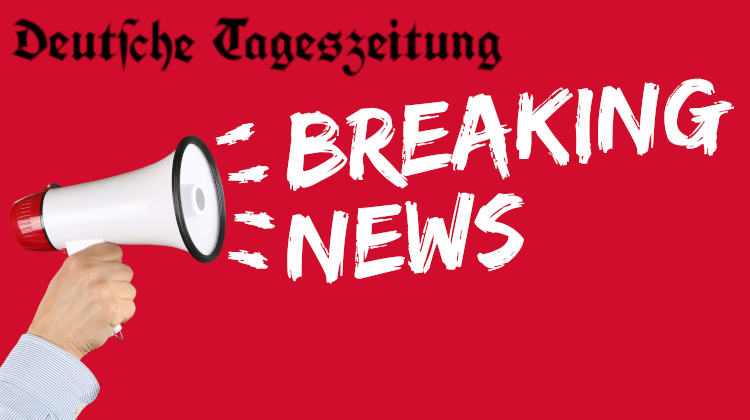
Far-right, nationalist leaders to meet in Madrid Friday

Hungary and Poland's leaders and France's Marine Le Pen will be in Madrid later this week for a gathering of nationalist and far-right leaders, Spain's Vox party said on Wednesday.
The meeting comes two months after a similar gathering in Warsaw in December, with the follow-up organised by the far-right Vox, which is the third-largest party in Spain's parliament.
"The aim is to continue the work begun at the Warsaw Summit: to defend Europe against external and internal threats by promoting an alternative to the globalist trend which threatens the European Union by attacking the sovereignty of nations," said Vox leader Santiago Abascal.
Among delegates attending the two-day summit which begins on Friday are Hungarian premier Viktor Orban, his Polish counterpart Mateusz Morawiecki, far-right leader Le Pen, a candidate in France's upcoming presidential election, as well as far-right leaders from Austria, Belgium, Bulgaria, Estonia, Lithuania, Romania and The Netherlands.
In July, Le Pen, Orban, Abascal, Italy's Matteo Salvini and a dozen others signed a joint declaration announcing plans for a "grand alliance" in the European Parliament whose aim was to "reform Europe".
Salvini, leader of Italy's anti-immigration League, was notably absent from the Warsaw gathering and will also not be attending the Madrid talks.
In December, the parties discussed joint votes on sovereignty and immigration issues in the European Parliament but stopped short of striking a formal alliance.
The right-wing and pro-sovereignty parties fall into two distinct groups within the European Parliament: the Identity and Democracy Group, to which Le Pen's National Rally and Salvini's League belong, while the other is the European Conservatives and Reformists Group which groups Vox and Poland's ruling right-wing Law and Justice (PiS) party among others.
Last March, Orban's Fidesz left the centre-right European People's Party, the biggest group in the European Parliament, and is looking for a new home.
Both Poland and Hungary have been locked in a dispute with Brussels over their perceived backsliding on EU democratic norms, and are fighting a mechanism linking payment of EU funds to the rule of law.
Last year, both filed complaints with the European Court of Justice (ECJ) over the mechanism with a ruling expected on February 16.
(A.Stefanowych--DTZ)
